
How 80/20 helped Simba brew the survival keg in 2020
How fledgling beer brand Simba survived a torrid pandemic and summer last year by focusing on South India
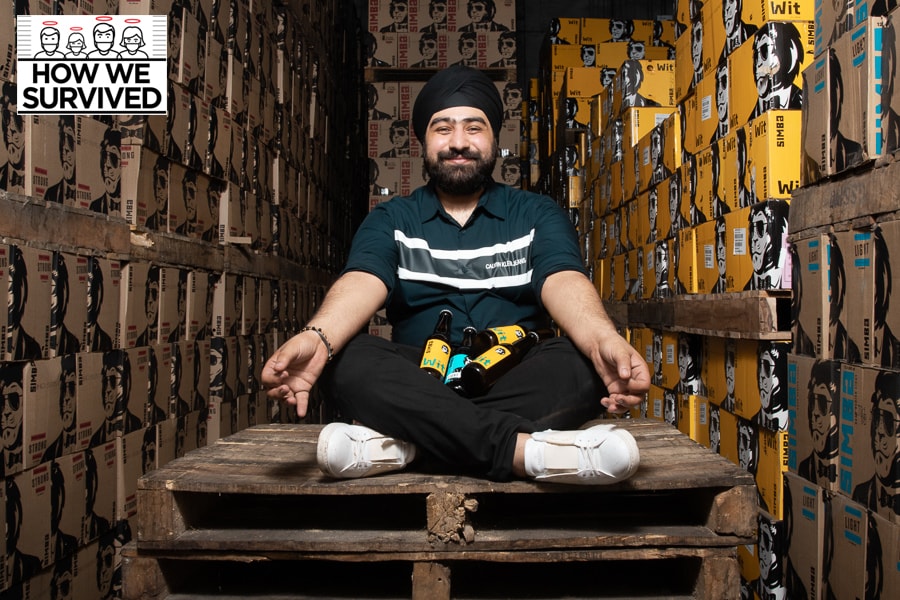 Prabhtej Singh Bhatia, co-founder of Simba
Prabhtej Singh Bhatia, co-founder of Simba
Image: Rachit Chimnani
'How We Survived' is a series of stories on businesses—big and small—that innovated or pivoted during the coronavirus crisis to survive. For all the stories in this series, click here
Prabhtej Singh Bhatia was blighted with 80/20 eyesight. You can’t blame him though. When the alcoholic beverage segment in India is intoxicated with heady phrases like ‘make it large’ and ‘big is better’ one usually tends to look at the bigger picture, oops the bottle. The focus invariably is on 80, not 20. The legendary Italian economist, sociologist, and philosopher—Vilfredo Federico Damaso Pareto—however, thought otherwise. The 80/20 rule propounded by him states that 80 percent of outcomes or outputs come from 20 percent of causes or inputs. But that was way back in the 19th century.
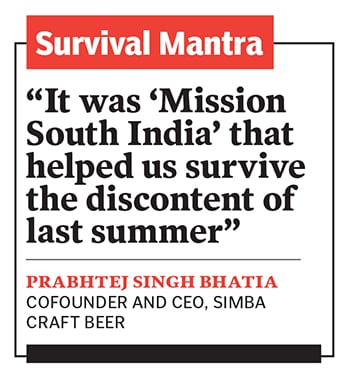 Cut to 2020. Last April, when the four-year-old craft beer business of Bhatia got hammered by the pandemic, the 29-year-old understood the essence of Pareto’s Principle in more than one way. 80/20 was playing in front of the eyes of the co-founder of Simba.
Cut to 2020. Last April, when the four-year-old craft beer business of Bhatia got hammered by the pandemic, the 29-year-old understood the essence of Pareto’s Principle in more than one way. 80/20 was playing in front of the eyes of the co-founder of Simba.
Let’s start with the first one. Over 80 percent of the revenues of Simba came from three states—Chhattisgarh, Delhi and Assam. What this means is that most of the sales happen during summer. Unfortunately, last year, post lockdown, it was a summer of discontent for Bhatia. For Simba, the top three states were a disaster. Business hit rock bottom. The harsh summer season also taught another 80/20 lesson. Simba had failed to expand to South India or outside North India over its four-year journey. Geographical concentration meant huge trouble. Bhatia learnt it the hard way.
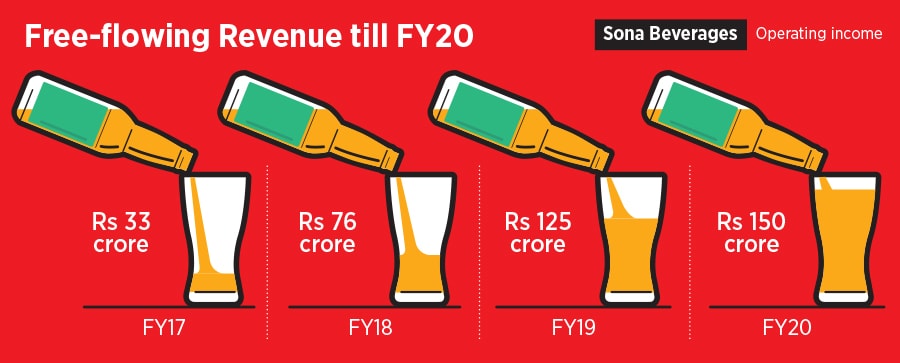
There was another brutal 80/20 learning that Bhatia had overlooked. “Twenty percent of my employees were giving 80 percent of results,” he recalls. The fact never hit him. It was high time to value the contribution of the doers. The top performers were fast-tracked into key roles. There was another 80 percent draining the company. Bhatia had put disproportionate efforts and investments in some of the states like Maharashtra, Uttar Pradesh and Jharkhand. Unfortunately, it was not paying off. 2020, he underlines, made the company go back to the basics. “For us, it was back to fundamentals,” says Bhatia.





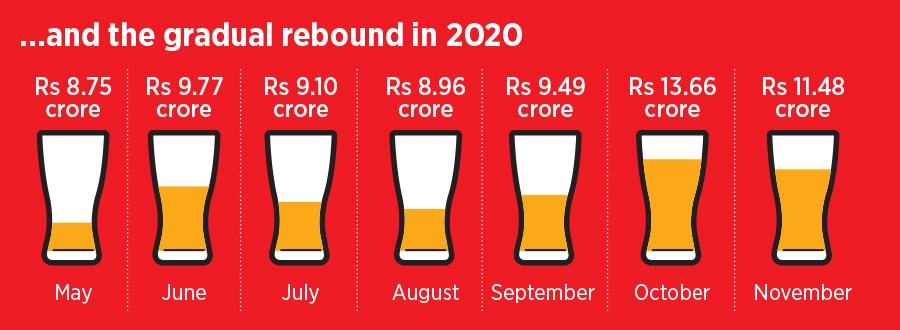
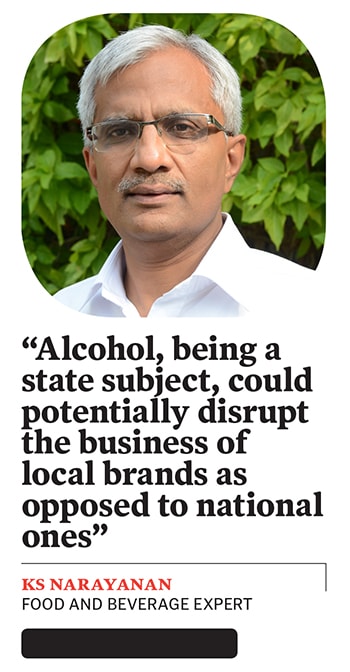 For regional players, the room for error is always less. “Alcohol, being a state subject, could potentially disrupt the business of local brands,” avers KS Narayanan, a food and beverage expert. National brands, in contrast, have deep pockets and a larger footprint to absorb the shock if the markets they are servicing get into prolonged periods of disruption. At different stages of the lockdowns being lifted, he points out, each of the states followed a different policy, with little clarity on forward planning. Additionally, bars and restaurants serving alcohol come last in the list of priorities for the government to open up. “Thus, if you are a local brand, you are more prone to get disrupted,” he adds.
For regional players, the room for error is always less. “Alcohol, being a state subject, could potentially disrupt the business of local brands,” avers KS Narayanan, a food and beverage expert. National brands, in contrast, have deep pockets and a larger footprint to absorb the shock if the markets they are servicing get into prolonged periods of disruption. At different stages of the lockdowns being lifted, he points out, each of the states followed a different policy, with little clarity on forward planning. Additionally, bars and restaurants serving alcohol come last in the list of priorities for the government to open up. “Thus, if you are a local brand, you are more prone to get disrupted,” he adds.




